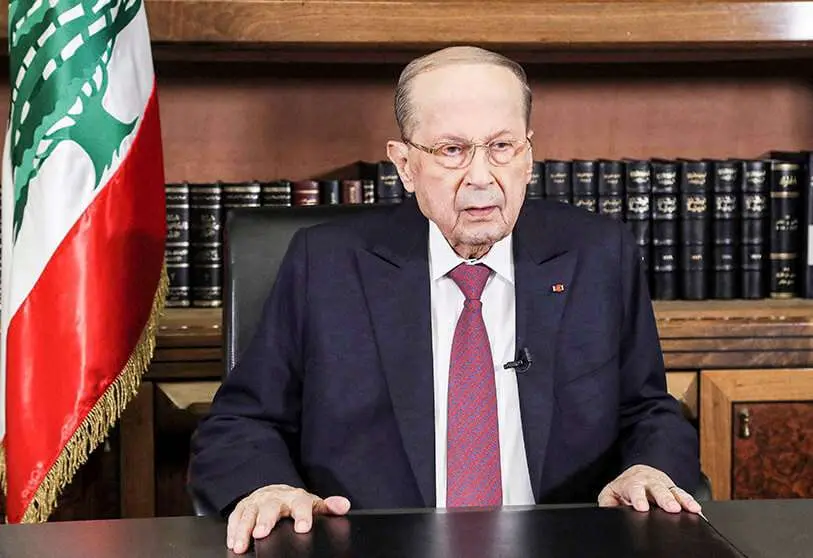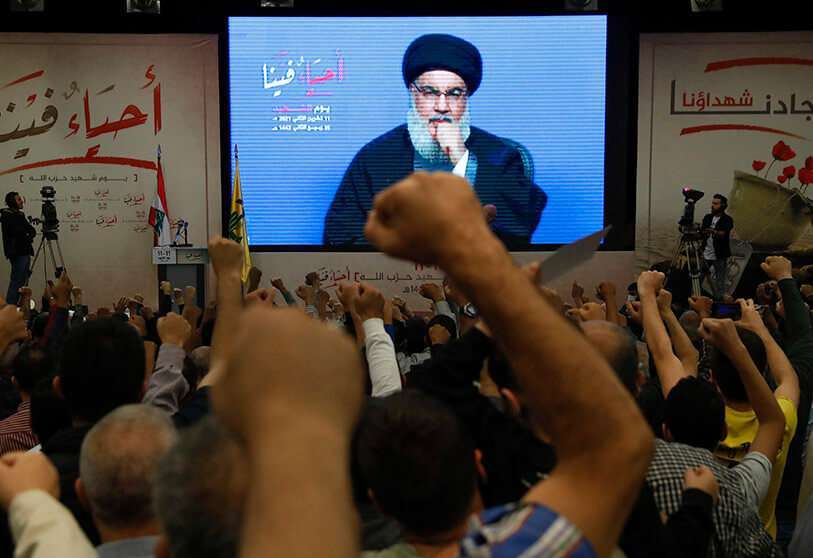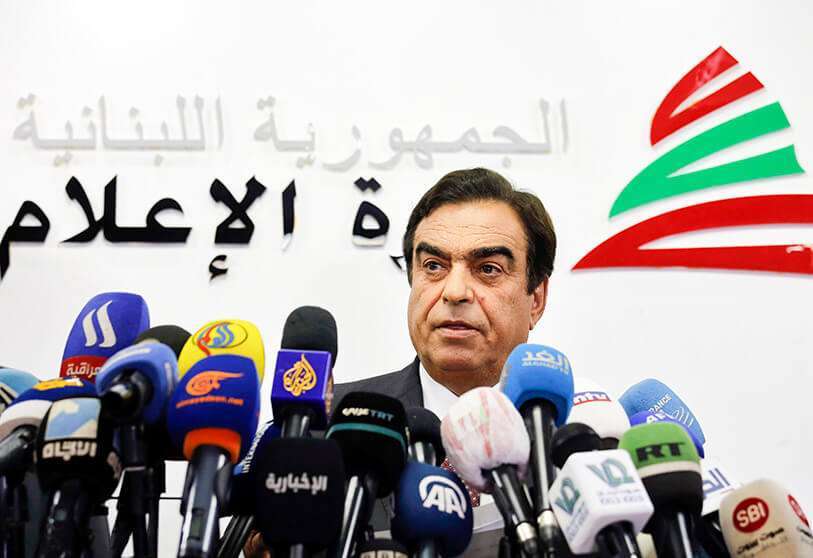Michel Aoun distances himself from Hezbollah and calls for defence dialogue

15 May 2022 is already marked on all Lebanese calendars. Some will have had to cross out the 27 March advocated by parliament, but which President Michel Aoun has flatly refused to accept. Thus, Lebanon's Interior Minister Bassam Mawlawi announced on his Twitter account that he had signed a decree "inviting the electoral bodies to vote for members of parliament in the following days: the vote for Lebanese residing on Lebanese territory will be on Sunday 15 May 2022".
The context in Lebanon is very complex due to the tension that has gripped the country for years, and President Aoun has called for dialogue in terms of security and defence. Hezbollah - and consequently Iran - has been playing a key role in Lebanese politics for 16 years. In fact, in 2016 it was responsible for propelling Michel Aoun to the presidency, although his latest statements suggest a distancing from what is considered by the US and the EU to be a terrorist organisation. Moreover, according to the president himself, the country is "crumbling" and the financial recovery plan is more urgent than ever to recover from what according to the World Bank is one of the worst crises ever recorded.

"It is true that defending the nation requires cooperation between the army, the people and the resistance, but the primary responsibility lies with the state. The state only puts in place the defence strategy and takes care of its implementation," Aoun said in a speech broadcast on Lebanese television. These words may signal a distancing from Hezbollah, despite having enjoyed its support in what will be almost six years at the helm of the country. Relations with the Gulf countries are very difficult as a result of the organisation's ties, so distancing himself from it could have a positive effect.

iplomatic relations with countries such as Saudi Arabia are not on their best days, far from it. Indeed, Riyadh ordered the Lebanese ambassador to leave the country following Minister George Kordahi's criticism of the Saudi role in the Yemen war. The former Minister of Information - who resigned earlier this month to ease relations with Arabia - claimed on social media that the Yemeni conflict is "an aggression by Saudi Arabia and the United Arab Emirates", and that the Houthis, who overthrew the internationally recognised government of Abdo Rabu Mansur Hadi, are "defending themselves against external aggression".
Kordahi's words cost Lebanon dearly and ultimately led to the minister's resignation. Now, Michel Aoun, distancing himself from the former minister's criticism, asks "what is the justification for straining ties with these (Gulf) states and interfering in matters that do not concern us". He added that he wants "the best relations with the Arab states, specifically the Gulf states". It remains to be seen, however, whether the position of Saudi Arabia and the United Arab Emirates is as favourable as that of Lebanon is now. The two leading countries in the region have not forgotten the harsh criticisms levelled by Aoun's cabinet and it does not seem to be a priority for them to restore ties with Beirut.

The elections scheduled for 15 May could be the first step in a new chapter of Lebanese politics that has been tied to Hezbollah for more than a decade. The current president, Michel Aoun, knows this and has expressed the first ideas that point to such a separation from the armed group. What seems clear is that a new government opposed to Hezbollah's radical ideas would greatly facilitate ties with Riyadh and Abu Dhabi, with whom, despite Aoun's apparent goodwill, it will be very difficult to regain trust with the Iranian-backed organisation supporting the Lebanese executive.








